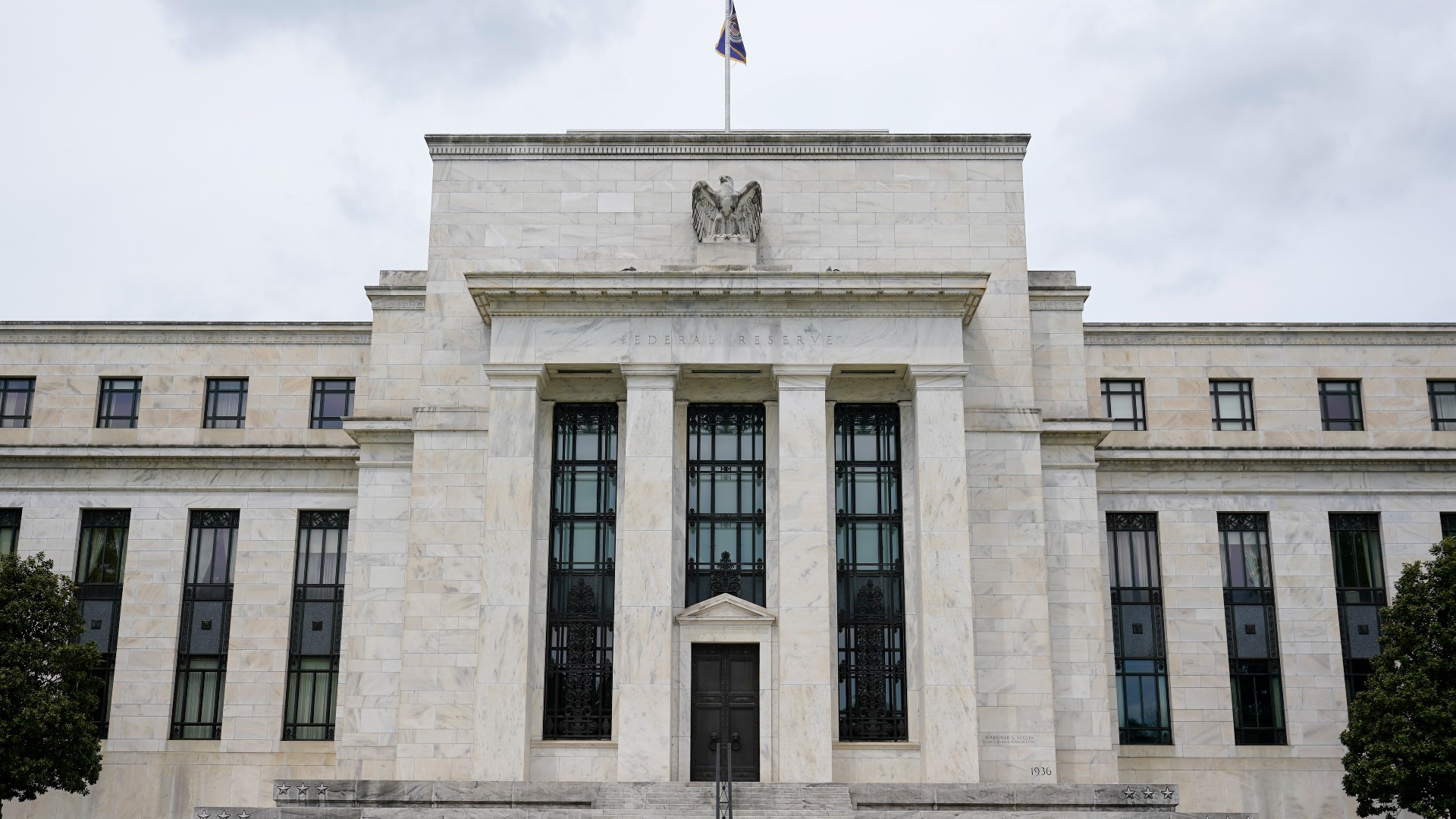MINNEAPOLIS — With inflation behaving — or rather misbehaving — like a runaway train for months, it shouldn't come as any surprise that the Federal Reserve is expected to take action to raise interest rates Wednesday.
But none of us need a surprise when it comes to what the Fed's action would likely mean to Americans' money.
So, what will it mean for certain?
"If you have debt, particularly in those credit cards, those interest rates are going to go up," said Tyler Schipper, professor of economics at the University of St. Thomas.
If the hike stays at just one increase, that is relatively manageable for most, but this increase tomorrow is one that is expected to be followed by several more over the course of the year.
".25% maybe doesn't sound like a big move yet, but we're going to see this rate gradually go up maybe 5 or 6 times in the next year. So paying an extra 1.5% on credit card debt when already struggling with it can mean a lot for an average person," said Schipper.
The advice is, if you have credit card debt and you can pay it down sooner, that will save you in the long run.
Now, onto mortgages.
"It could mean that mortgage rates in the future for people taking out new loans might be slightly higher, marginally higher," said Schipper.
Higher rates for new, 30-year loans is already happening and have been since the first of the year. They're up a full percentage point year over year — around 4% — and could go up, but the projections are not drastic.
The Fed's goal is to slowly and gently tamp down inflation without slowing the overall growth of the American economy.
"The goal here is what is called a 'soft landing.' They are going to gradually ramp up these rates to try and find that sweet spot where it puts just enough downward pressure on prices that we get to something more normal, but without putting too much brakes on the economy," said Schipper.
The job of the Fed to coax down inflation and encourage growth is a delicate dance.
The process might be simpler if it worked instantly — but it doesn't. When the rate likely changes tomorrow, the Fed is then tasked with watching it for the next several weeks.
"It's particularly hard because we don't get to see what is happening in the economy in real time," Schipper said. "You make a decision and then three months later you ask, 'Well, how did that decision go?' And so it's like driving with the rear view mirror of your car the whole time and hoping you don't run into anything."
So Wednesday we'll see the rate go up, and then we'll watch to see which way inflation goes.
The things we'll notice in the short-term? Credit card rates, mortgages and loans for things like a new car.
Watch more Breaking The News:
Watch all of the latest stories from Breaking The News in our YouTube playlist:

